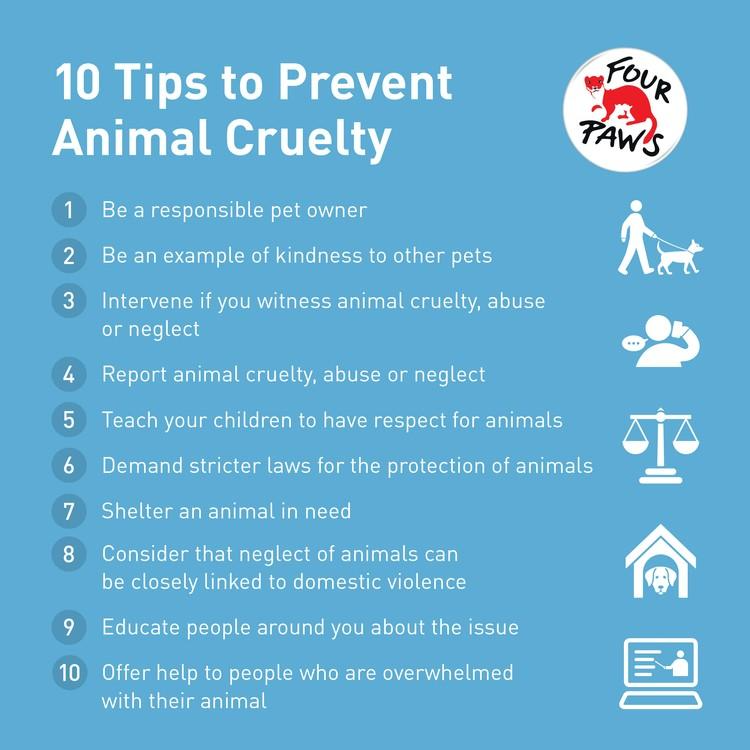In a world that often seems bustling and indifferent, one of the gravest injustices persists silently in the shadows: animal cruelty. Animals, creatures that share our planet and often our homes, foster a bond that transcends mere existence. To allow cruelty against them is to wield an axe against the very essence of compassion. Yet, change does not bloom spontaneously; it requires intent, action, and above all, a resolute commitment to safeguarding those who cannot speak for themselves. Here are actionable steps for creating a paradigm shift and preventing animal cruelty from taking root.
The first step, akin to casting seeds into fertile soil, is education. Knowledge is a powerful antidote to ignorance. Understanding the implications of animal cruelty – whether it be in factory farming, entertainment, or experimentation – can ignite a fervent desire for change. Engage with local communities, schools, and organizations to implement educational programs that focus on empathy and humane treatment of animals. Workshops that unravel the psychological consequences of cruelty on both animals and humans could foster a generation that champions their protection.
Another critical pillar in this edifice of change is advocating for robust legislation. Just as the roots of a tree grip the earth, laws provide the necessary foundation for safeguarding against cruelty. Support legislation that enforces strict penalties for abuse and neglect. Collaborate with advocacy groups to lobby for stronger animal welfare laws. By participating in petitions, writing to legislators, or even attending town hall meetings, individuals can amplify their voices, turning whispers of concern into a resounding symphony of action.
The influence of the media cannot be underestimated in this campaign for humane treatment. Like a beacon in the fog, media coverage shapes public perception. Utilize social media platforms to share stories, videos, and petitions that highlight cases of animal cruelty. By cultivating a digital space dedicated to awareness, you create a ripple effect, inspiring others to engage and take a stand. Partner with local news outlets to spotlight local animal shelters and rescues, showcasing the plight of animals in need and the dedicated efforts of those working to save them.
Moreover, consider the profound impact of volunteering. There lies an undeniable beauty in direct action. Local shelters and sanctuaries often rely heavily on volunteer efforts to provide care and rehabilitation for mistreated animals. By donating time, skills, or resources, individuals contribute authentically to the cause. Engaging with animals, helping to foster an environment of care and compassion, reinforces the notion that every creature has intrinsic worth. Such participation not only assists in immediate relief but also conveys a powerful message about humanity’s responsibility toward animals.
In addition to volunteering, one must acknowledge the importance of supporting ethical businesses. The marketplace is a powerful arena where consumer choices resonate deeply with corporate practices. Patronize businesses that uphold humane standards in their treatment of animals. Seek out cruelty-free products, whether in cosmetics, clothing, or food, and advocate for transparency in ingredient sourcing. By making informed purchasing decisions, individuals become conscious stewards of animal welfare. Each dollar spent is a vote cast for the kind of world one wishes to see.
In line with fostering empathy, practicing compassion toward our own pets and local wildlife creates ripples of kindness. Understanding behavioral cues and needs not only enhances the bond with pets but also cultivates a community ethos of responsible pet ownership. Responsible pet ownership encompasses spaying and neutering, ensuring proper veterinary care, and providing a safe environment. Such practices diminish the chances of abandonment and neglect, directly punctuating the cycle of cruelty.
Animals in our communities, both wild and domesticated, deserve to live without fear of cruelty. Take the initiative to report any suspected cases to local authorities or animal welfare organizations. It is a common misconception to believe one is powerless against cruelty. Instead, every vigilant observation can spark vital interventions, saving lives and preventing further abuse.
The preservation of wildlife presents another crucial facet. As urban development encroaches upon natural habitats, a delicate harmony is disrupted. Support conservation efforts that aim to protect habitats and the species that inhabit them. Participate in local clean-up events to preserve ecosystems, or contribute to organizations that work tirelessly to rehabilitate injured wildlife. Each act, no matter how small, contributes to the restoration and protection of the intricate tapestry of life that flourishes in nature.
Finally, resilience plays a pivotal role in this journey toward a cruelty-free world. Challenges will inevitably arise, and the path may sometimes feel overwhelming. However, cultivating a network of like-minded individuals fosters solidarity. Establish or join groups dedicated to animal rights; the collective energy can drive momentum and inspire sustained activism. Share resources, experiences, and encouragement; together, the effort amplifies into a powerful force against cruelty.
In conclusion, preventing animal cruelty is not merely an endeavor; it is a movement steeped in love, education, and resilience. Like a garden nourished by diligent gardeners, a society infused with compassion can flourish, allowing all beings to thrive. By taking actionable steps—education, advocacy, volunteering, supporting ethical businesses, practicing compassion, reporting cruelty, engaging in conservation, and fostering resilience—we truly can create a sanctuary for those who cannot defend themselves. The future beckons, and in it, there lies the power to forge a world where kindness reigns supreme.








